Doctors Kept Calling It Stress. Then I Learned I Had a 98% Blockage in My Heart.
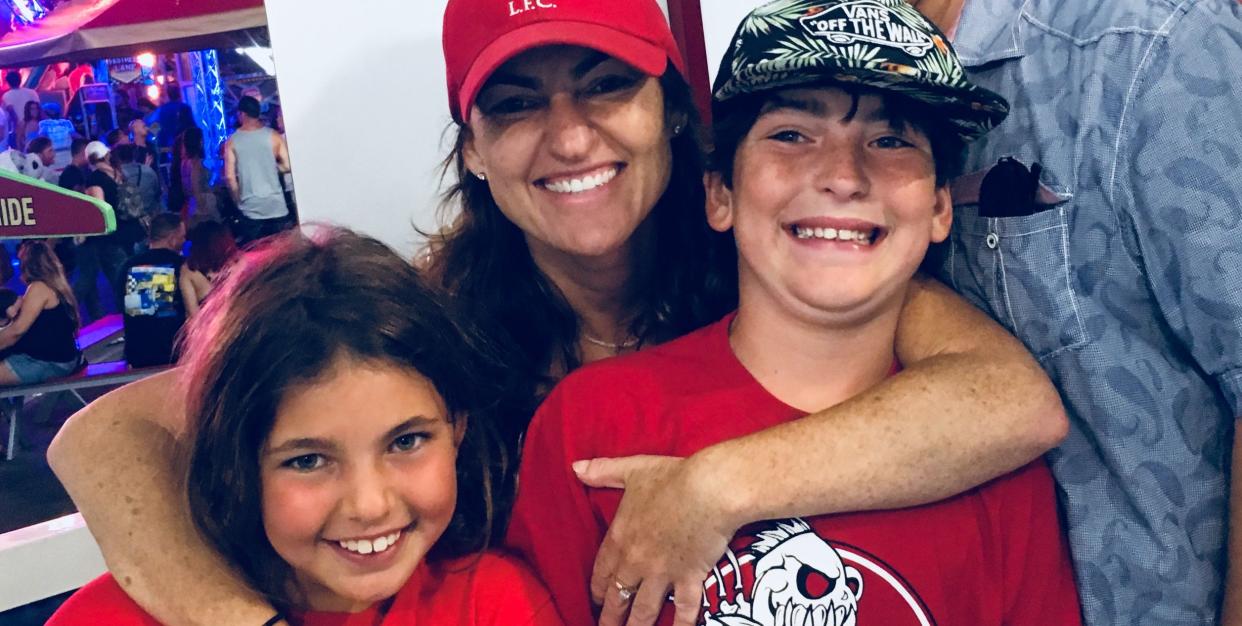
Mika Leah wasn’t 20 minutes into her morning run when she suddenly lost her breath, stopped, and threw up in the bushes. Chalking it up to a stomach bug, she went out on another jog near her home in Irvine, California, a few days later. She barely made it two miles before the chest pains and nausea kicked in again. The mom of two had recently crushed a half marathon and even taught cycle classes, but lately just taking the steps up to a spin studio left her winded.
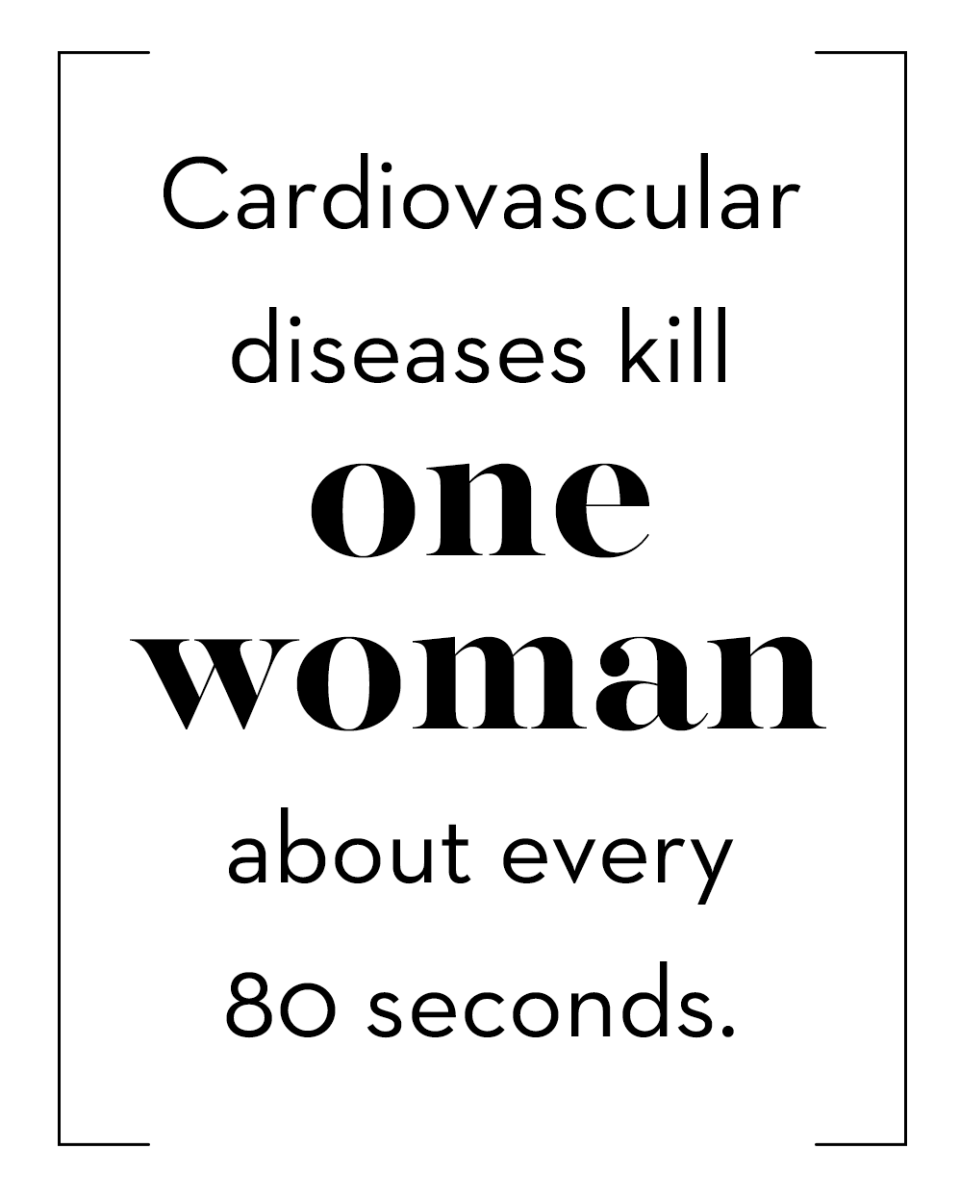
Multiple visits to her doctor over the course of a year yielded perfectly normal EKG results. Her GP attributed the sudden change in her health to stress, and fair enough, Mika had lot going on. She was working a fast-paced advertising job, raising two toddlers, and going through a divorce, but the fatigue and flu-like symptoms didn't go away.
"Every time I would exercise, the pain progressively got worse," she says. "Every time she told me the same thing: 'Your EKGs are normal, you're fine, you're just stressed, go home.'"
So Mika pushed through and chose an easy hike to ring in her 33rd birthday. A mile in, the pain stopped her in her tracks.
"I actually sat down in the dirt because it felt like a 200-pound man was sitting on my chest," she says. "I couldn't breathe, I couldn't move and I had this strange shooting pain down the left arm."
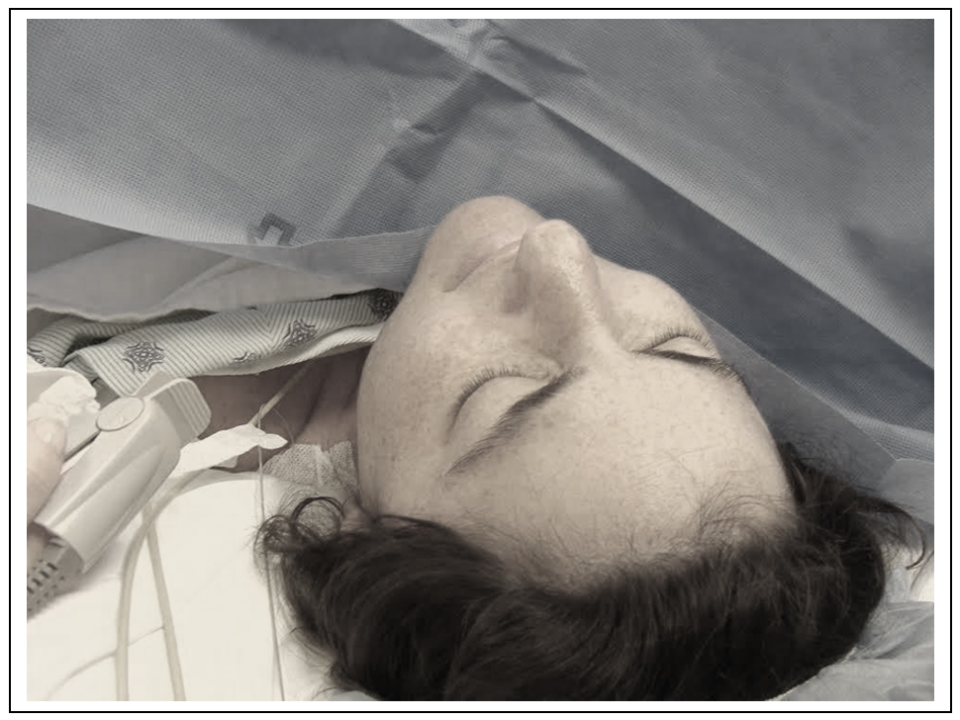
Her hiking partner - a pack-a-day smoker - hadn't broken a sweat. "He looked at me and said, 'You don't look good. You need to go to the doctor,'" she recalls. "I knew in that moment something was really wrong."
This time she didn't take no for answer, insisting on a referral to a cardiologist. Even then she met resistance. "When I saw him, he said, "Nope, you're fine. It's just stress, go home.' And I said, 'You know what, it's not.'"
Mika requested a stress test, which monitors how hard your heart is working while running on treadmill. The exercise left Mika in shooting pain, but nurse stated she wouldn't receive the results for another two or three weeks.
"Fast forward 45 minutes later, I was in the car almost home," she says. "The doctor called and said, 'How soon can you get here? You're going straight into surgery.'"
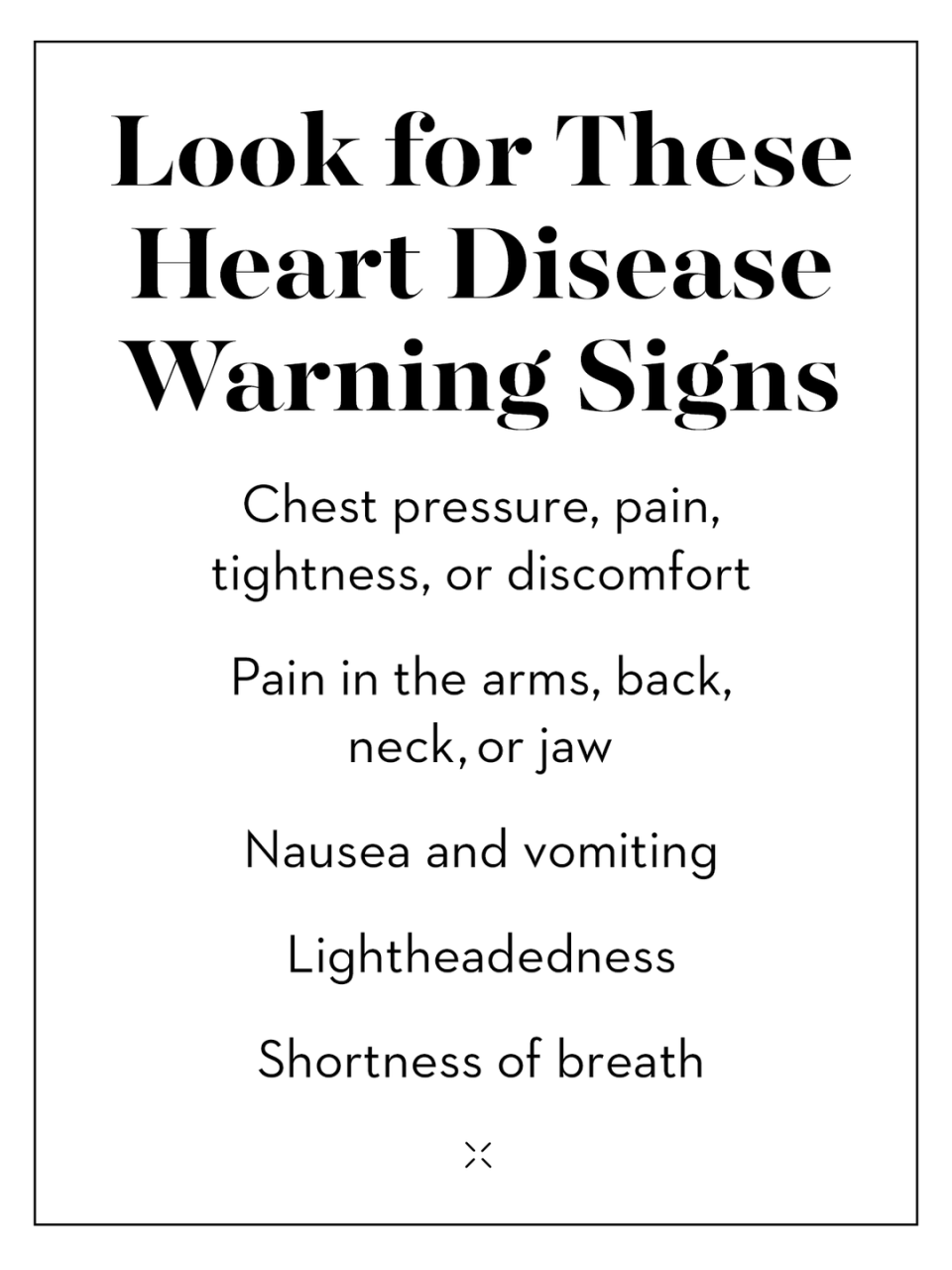
Heart disease ran in Mika's family, but on the paternal side. Her dad suffered his first of two heart attacks at age 32, and his dad died of a heart attack in his early 40s, but she never really thought it would happen to her.
"I had done everything right. I had exercised, I had eaten healthy, I wasn't a fast food junkie," she says. "I felt a sense of fear knowing that the babies were so little, and the fear of unknown. I had never heard of any woman having heart disease."
The previous EKGs had measured electrical signals from Mika's heart, but missed what the surgery later revealed: A 98% blockage in her left anterior descending (LAD) artery. Since this section supplies a significant amount of blood to the body and the brain, this condition is so dangerous it's known as "the widowmaker."
While genetics likely contributed to Mika's heart disease, the healthy lifestyle choices she made may have prevented an almost certainly fatal heart attack and ultimately saved her life. "The doctors told me that had I not been so physically fit, then I never would have survived this," she says. "No CPR or AED machine would have saved me and my then 1-year-old and 2-year-old would have no longer had had a mother."
Dr. Suzanne Steinbaum, a cardiologist at Mount Sinai Hospital and volunteer medical expert for the American Heart Association’s Go Red for Women movement, says the same symptoms that can signal a heart attack - chest pressure, nausea, and arm, back, or jaw pain - can act as a warning sign of heart disease. Fatigue, insomnia, and flu-like symptoms may also appear in the lead-up to a heart attack.
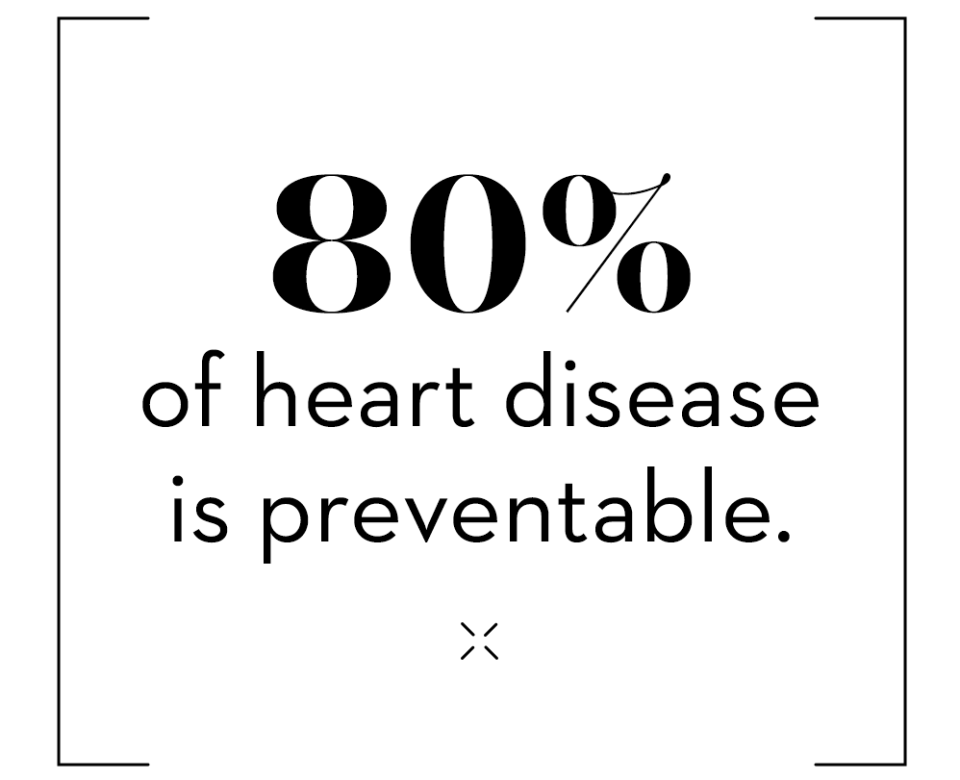
Women especially can experience more subtle signs than men - one reason why they're more likely to get misdiagnosed and wait 30% longer on average to seek help. "Women's symptoms are often more subtle than a man's," Dr. Steinbaum says. "I see woman with symptoms that are not as clear as chest pressure. Although, when chest pain or pressure does happen, we always have to think of the heart first."
Preventative measures - like eating healthily and getting regular physical exercise - can help protect your heart, especially if you have risk factors like high blood pressure, high blood cholesterol, diabetes, or a family history. You can also ask your doctor about additional tests.
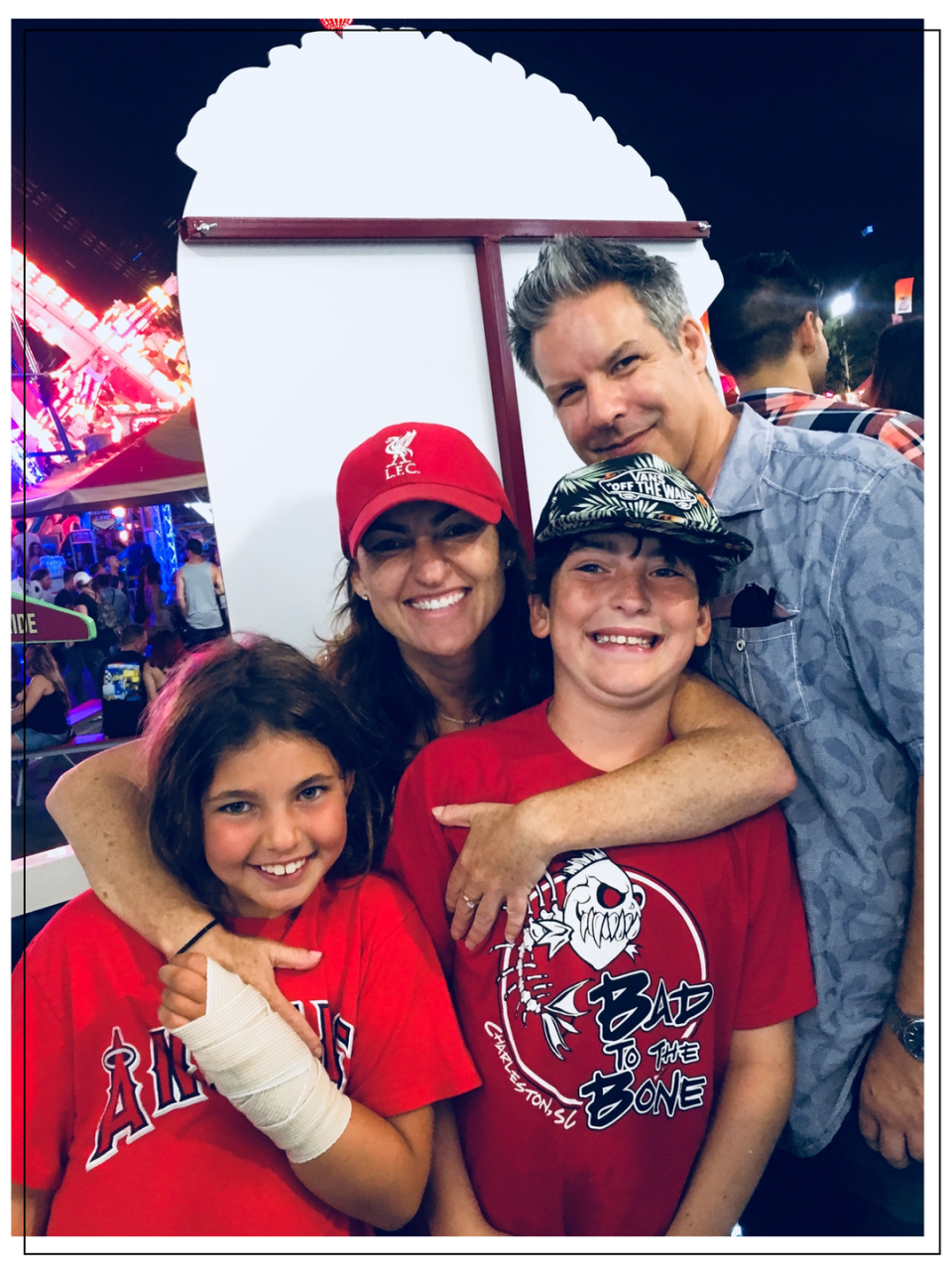
"With a strong family history of heart disease, a screening test, such as a coronary artery calcium score, may give information about having heart disease before it shows up as chest pain or a heart attack," Dr. Steinbaum says. "This early diagnosis can lead to early prevention and early treatment."
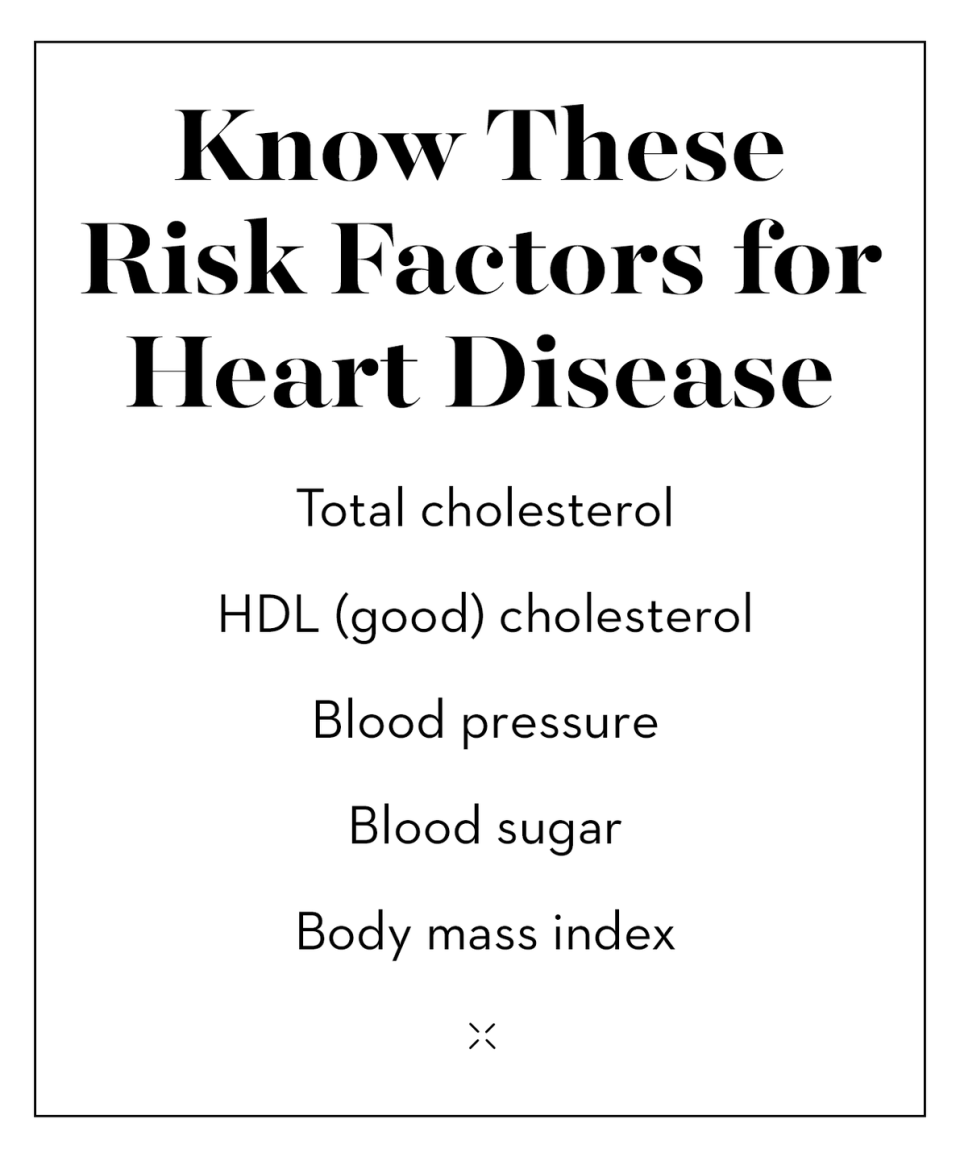
Today, Mika is living what she calls her "bonus life." She quit her advertising job, started a new workplace wellness company, and recently remarried in November. While she still focuses on eating healthily and getting plenty of exercise, her kids, currently 8 and 9, are now old enough to offer support too. They practice mindfulness techniques together - a helpful strategy when Mika's worried about having another heart episode.
"I remember one of the last ones I had, my son just said, 'Mom, let's lay down and practice our deep-breathing and see if that helps. It'll count your breaths for you.'"
While she still has a long road ahead of her - after having five stents put in, Mika will eventually need bypass surgery - she feels so thankful she survived and now volunteers as part of the Go Red for Women movement.
"We as women take care of everybody else before we take care of ourselves," she says. "I learned this the hard way. If we don't take care of ourselves, then we're not going to be here for our family and our friends and our loved ones."
('You Might Also Like',)

